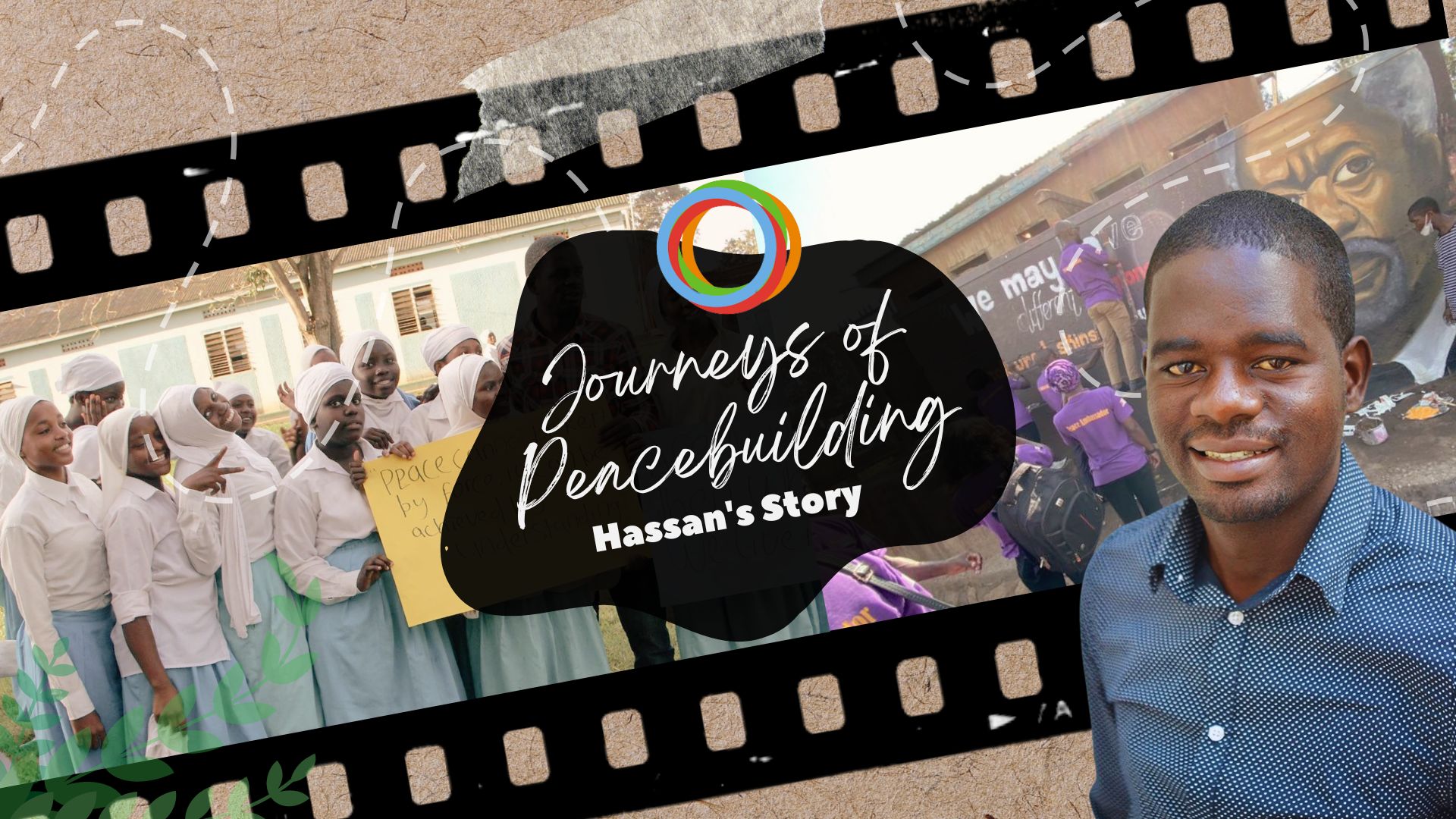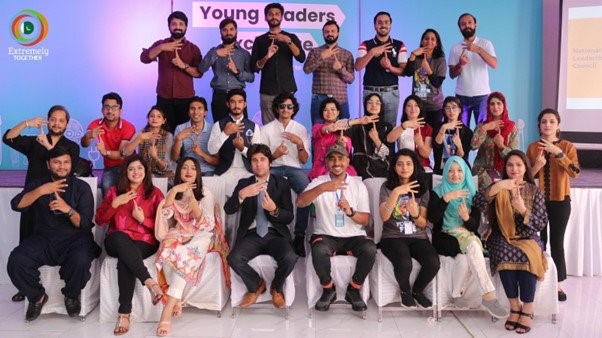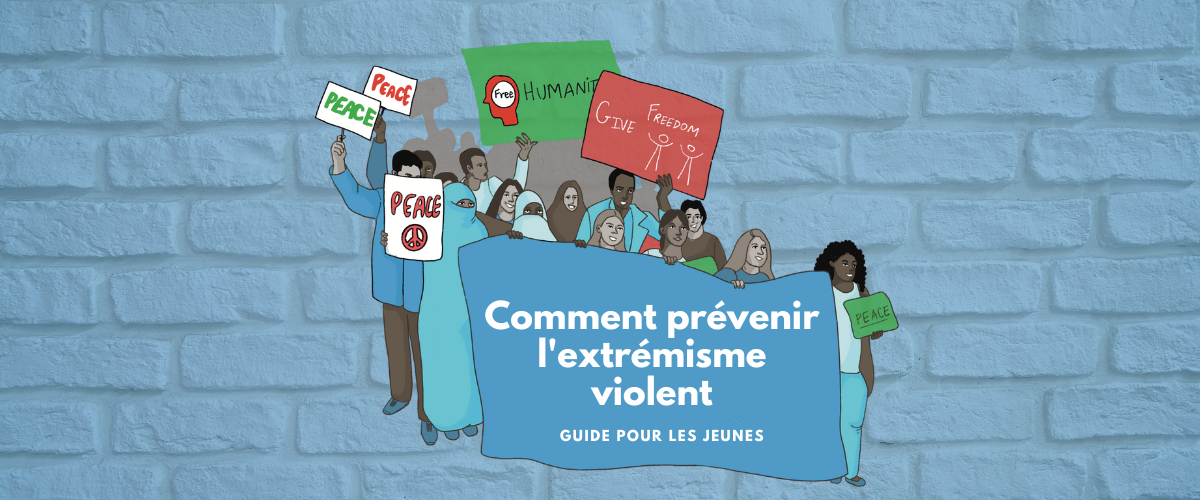‘Once a terrorist, always a terrorist?’ by Bjørn Ihler and Fatima Zaman
The attacker was known to the authorities – A far too familiar statement we hear after a terrorist attack has occurred. We heard it again in the wake of the attack on London Bridge on Friday, December 3rd 2019.
The perpetrator, Usman Khan, convicted and jailed in 2012, subscribed to the view that the conditions of a Muslim living in British society were terrible enough that it warranted launching a vicious assault on members of the public.
Yes, Khan harboured violent and extreme views. Indeed, he was imprisoned because of his intent to reign down terror on members of the public. It is also true that he was disrupted in this intent and put through countless rehabilitation programmes. Until this Friday, when he succeeded in his aim.
The problem with blaming the authorities for letting yet another ‘one’ slip through the net is that it grossly misjudges the drivers of terror and the process of radicalisation. Similarly, those arguing rehabilitation doesn’t work, and that ‘once you’re a convicted terrorist, you remain a terrorist’, are missing the point.
Radicalisation is a complex process of many interlocking drivers. To isolate and highlight the importance of one, to the detriment of others, points to a politically driven need to instrumentalise the debate for point-scoring.
The problem with blaming the authorities for letting yet another ‘one’ slip through the net is that it grossly misjudges the drivers of terror and the process of radicalisation.
Rehabilitation: an effective method?
In the days since the attack, we have seen political elites rush to condemn one another’s policies for failing to prevent Khans assault on London Bridge. While they are quick to place blame and look for failures in the past and present governments’ policies’, the question we should be asking about rehabilitation is; does it remain an effective method for bringing people out of extreme violence?
The answer, in a liberal democracy with a penal system built on principles of rehabilitation, should always remain yes – we know rehabilitation for the most part works, and we should not let singular events and terrorists push us away from the core values upon which this great nation was built.
It is essential to legislate for security by ensuring the correct and appropriate penalties are applied to those who have been convicted of terrorist offences. This includes ensuring the right measures are taken for these individuals to ultimately return to society. However, essentialising the causal mechanism to simply being a failure of the authorities to monitor Khan, as the sole driver that led to his attack on London Bridge, can be construed as being congruent with extremist narratives.
Extremist narratives exist and proliferate because they exist as an ideology without roots in an apparent attempt to understand political reality. They rely on the exploitation of vulnerable people and genuine grievances into a binary and divisive framework and the implantation of perceived grievances based on hatred, segregation and isolation.
As with any programme designed to deradicalise – identifying and supporting vulnerable individuals is an important step, but it is not the only step. Rehabilitation needs to first dismantle the extremist ideology and surrounding meta-narratives that Khan subscribed.
Rehabilitation efforts must go further
Often experts have spent too much time focusing on the drivers of radicalisation, yet not given equal attention to disengagement. Greater time must be spent on the work to understand paths out of extremism as part of wider strategies for rehabilitation and reintegration in line with the tradition of our criminal justice system.
We need to invest in rehabilitation measures, encouraging desistance and disengagement, but also seek to replace the dark absolutism of violent extremist ideologies with a more positive alternative.
This attack serves as a reminder for all that our efforts in the rehabilitation space must go further. Rehabilitation does work, as evidenced by the successful demobilisation of extremist combatants in Northern Ireland, Colombia, Afghanistan and beyond. Those of us who do this work, do it knowing recidivism is a possibility. Rehabilitation isn’t an exact science, but it remains the baseline for a successful reintegration process and ultimately, a long-term reduction in violent extremism.
We should not allow the acts of terrorists to guide the path our society takes. The politicisation of the attack cheapens the victims and seems to absolve the terrorists of blame.
Rehabilitation isn’t an exact science, but it remains the baseline for a successful reintegration process and ultimately, a long-term reduction in violent extremism.
We must come together
At this time of mourning the tragic loss of lives, we must come together to ensure we protect society and its citizens. This is not a war between hardline conservatives and lefties. The worst thing that could happen right now is a knee jerk, politicised response to this devastating attack.
What we need is systemic changes in our approaches to rehabilitation and in our long-term strategies for disrupting violent extremism at its roots. We need to invest in rehabilitation programmes as a core component of any counter-terror strategy. Furthermore, we need to strengthen the strategy to assure how these programmes are designed, delivered, measured and evaluated.
Right now the whole system needs to work together; politicians, intelligence, law enforcement, prisons, practitioners and civil society must join in efforts to prevent convicted terrorists from re-offending and the recruitment of new individuals to harmful ideologies. When one of these arms is under-resourced, it pressures other parts, and that’s when extremists slip through the cracks, hurt people, and we yet again hear; the attacker was known to the authorities.
—
Bjørn Ihler is an Extremely Together Leader at the Kofi Annan Foundation, co-founder of the Khalifa Ihler Institute, and One Young World Ambassador, is an international counter-extremism expert, technologist, and activist.
Fatima Zaman is an Extremely Together Leader at the Kofi Annan Foundation and a One Young World Ambassador, Fatima pioneered a Countering Violent Extremism Roadshow in schools and universities across the United Kingdom.




